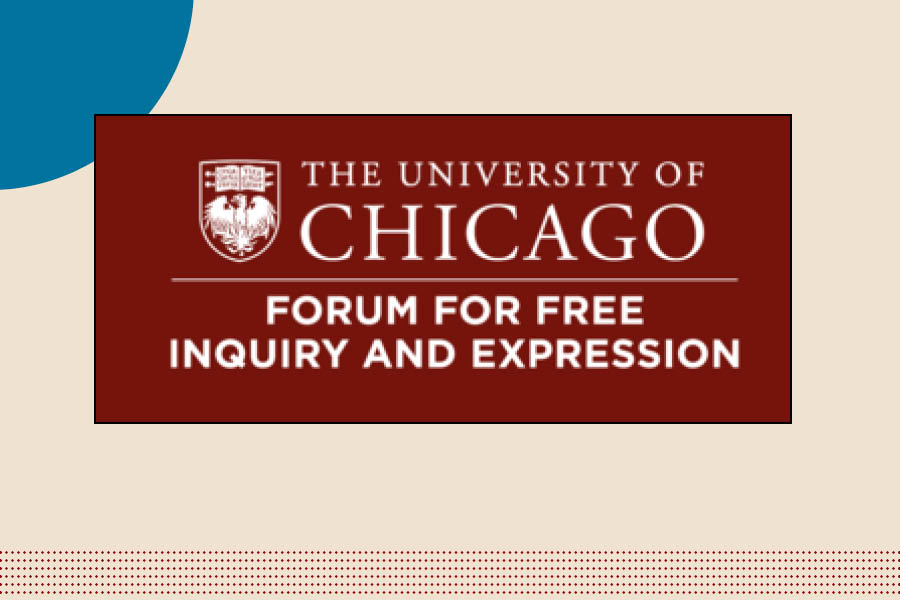A little over a month ago, on Oct. 5, the University of Chicago opened a new forum for inquiry and expression. With a still-forming chapter dedicated to Lab’s middle and high school communities, the program serves as a way for the university to realize and modernize its commitment to free expression — a core value dating back to 1890 — through a mission intended to “promote the understanding, practice, and advancement of free and open discourse, in collaboration with faculty and the broader university community.”
Law School Professor Tom Ginsburg, faculty director of the forum, believes it can not only speak to abstract intellectual issues but can also fight political polarization and help people with what John Dewey, the founder of the Laboratory Schools, considered to be a requirement of progress: conversation.
“I’d like to see conversations about tough issues that are done in a, you know, respectful, civil way that tries to make some progress and maybe even allows people to change their mind,” Mr. Ginsburg said.
The forum will also allow for modern approaches to contemporary issues of free speech.
“To express yourself as a human goes beyond freedom of expression about ideas,” Mr. Ginsburg said. “It’s also about your expression nowadays of your gender. That’s an important part of expression, as is artistic expression — all of these things make us human, and they take work. They don’t just happen on their own. That requires the university to actively engage in constructing opportunities for students. The forum is designed with that mission in law in mind.”
Laboratory Schools Director Tori Jueds believes U-High and the middle school could specifically benefit from the forum through a solid confirmation of the Laboratory Schools’ values. She thinks teaching students about open conversation and how to properly use it should be an integral part of the university’s education — and she hopes the forum will help to do that.
“I think there’s a very solid understanding of what it looks like to respect freedom of expression and prioritize open discourse at a collegiate level. There’s also a very sound and cogent understanding of what it looks like to support social and emotional growth among middle schoolers and high schoolers,” Ms. Jueds said. “So what does it look like when you try to combine the two? What does it look like when we know that it is our obligation to support the social and emotional growth of 6th graders, 9th graders, 12th graders, while at the same time preparing students to engage in full-blown open discourse when they get to college?”






















































